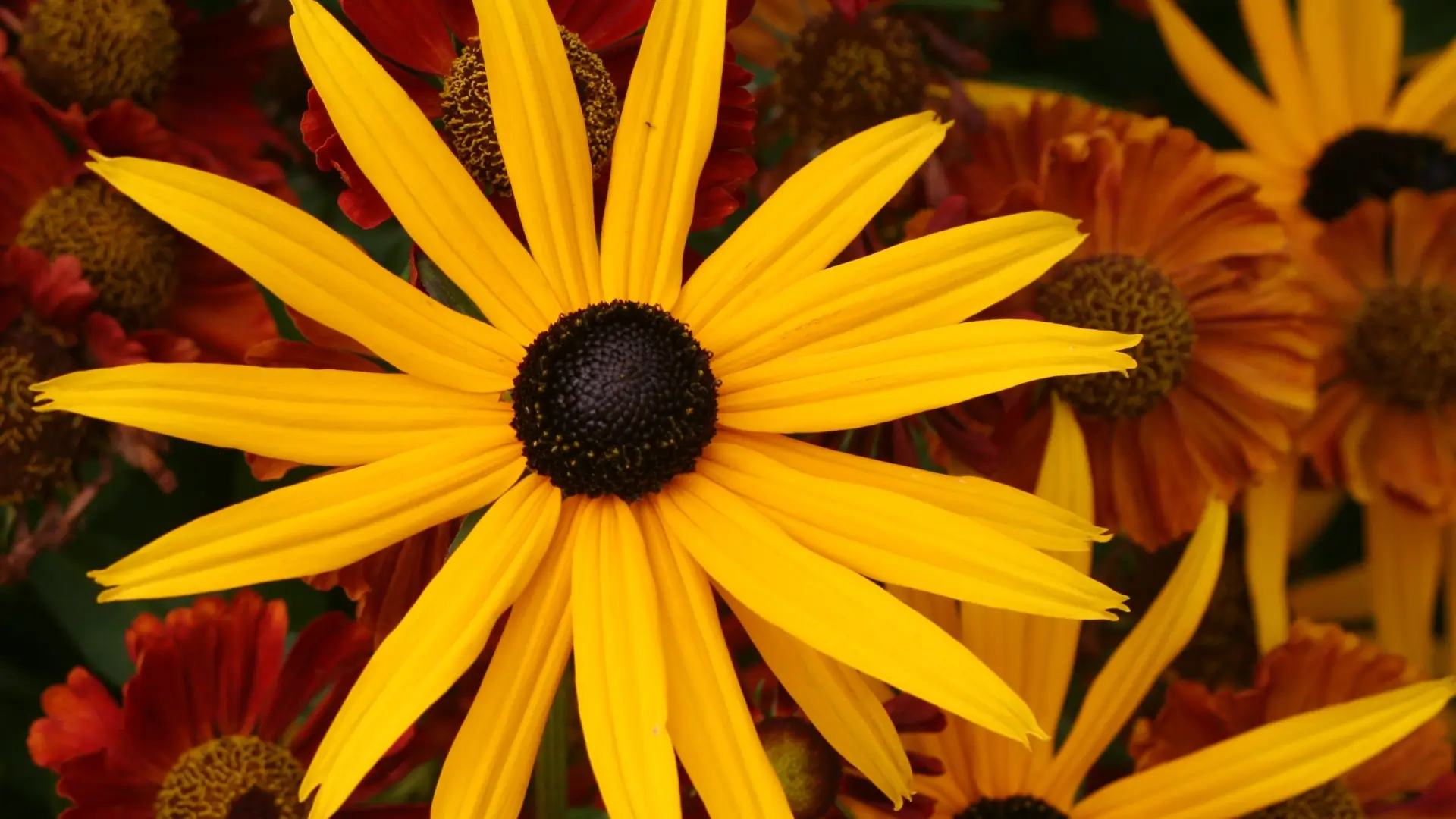THOUGHTS ‧ BLOG ‧ POLITICS
On elections
Jun 2025The revived talks on elections made me stumble upon the concept of liquid democracy.
 By Wessel van Dam ‧ June 4, 2025
By Wessel van Dam ‧ June 4, 2025Thanks to recent events here in the Netherlands, national elections have once again become a hot topic to talk about. In light of my new perspectives on this blog, I find this to be a great moment to mull over my thoughts on Dutch elections. I have only had a handful of them since becoming of a voting age, yet I tend to be quite engaged prior, during, and after election days — except when it comes to televised political debates, as I simply can’t stand to watch those.
Topical election hijacking
Nevertheless, many voters do make their decision primarily or at least partly by each party’s portrayal on television and other (news) media. According to some Ipsos research on the last general election, 10% of the electorate cast their vote because of one single topic. An older report on the 2019 provincial elections showed many people using national and regional media and television to inform themselves.1
In that regard, the one thing that annoys me above anything else is the oversimplifying narrative that both populists and popular media construct to make it make sense. Every election has to be about something, and ideally that is just one thing. For the 2023 general election that one thing was immigration, for the 2023 provincial elections it was the nitrogen crisis. This narrative controls the news articles, the debate topics, the voting aids, et cetera.
The combination of voters’ behaviour and the reigning narrative allows the ‘owners’2 of some topic to ‘win’ the election (PVV last time, BBB before, FVD earlier), as the analysts like to put it. Next, these winners find that both their topics and everything else that needs to be governed is much more complex than their flashy campaign slogans made voters believe, paralysing governments and halting progress until (at least) the next election.
Thoughts on liquid democracy
The overarching problem I see is that in this system, a vote often represents one person’s (media-induced) views on just a few topics at a specific point in time, whereas the parties that emerge victorious after the elections rule across all topics for years. After last election, I found myself wishing for a system in which you have to cast your vote per topic, i.e. where people get to casts votes separately for topics like the climate crisis, healthcare, defense, etc., forcing everyone to consider their perspectives on all these topics instead of sticking to one issue.
Of course, I had not thought out what the governmental representation would look like after such an election, but as I was researching this post I came across the concept of liquid democracy. This voting system has quite some differences with representative democracy, among them differentiation in who gets your vote given a specific topic, as well as allowing voters to retract their votes at any given time instead of being dependent on election cycles. Be sure to read the linked Wikipedia page for more details.
I find many concepts of liquid democracy quite charming. For one, the proxy revoking mechanism allows the democratic representation to be a more accurate reflection of the public opinion, and at the same time increases the accountability of representatives. The lack of election cycles rids us of the pre-election campaign circus in which populists thrive, and the choice of role allows people who want to be more politically engaged to do so with a low barrier, without deminishing the power of the people to busy to be politically active.
Even without doing a deep-dive into this theory, it becomes clear quickly that it may not be a perfect starting point for a new system, but it surely is entertaining to think about the opportunities, consequences and logistics that come with it. The Netherlands won’t change its system anytime soon, so I expect I’ll be once again voting for one out of roughly twenty parties to represent me for the upcoming four years this October/Novembeer, but perhaps we’ll implement some improvements on a larger timescale. Until then, having governments fall every two years instead of finishing their terms is the closest I’ll get to a more dynamic representation.
P.S.: a day after posting this, Pieter Derks had a nice rant on Dutch radio which excellently reflects my exasparation regarding topical election hijacking. I highly recommend giving it a listen!
It appears that reading party programmes wasn’t even an option for this polling question, although those might be incorporated in the category “party’s campaign activities”. ↩︎
The idea that parties ‘own’ a topic is from what I gather also an oversimplifying narrative. Of course, populist parties tend to come forth out of some topic that they want addressed, but their party programmes do include policies on other topics, just as other parties have policies on the topics that the populists ‘own’. Just because they are centred around a topic doesn’t mean that the other parties don’t have anything sensible (perhaps even more sensible) to say on that topic. ↩︎


